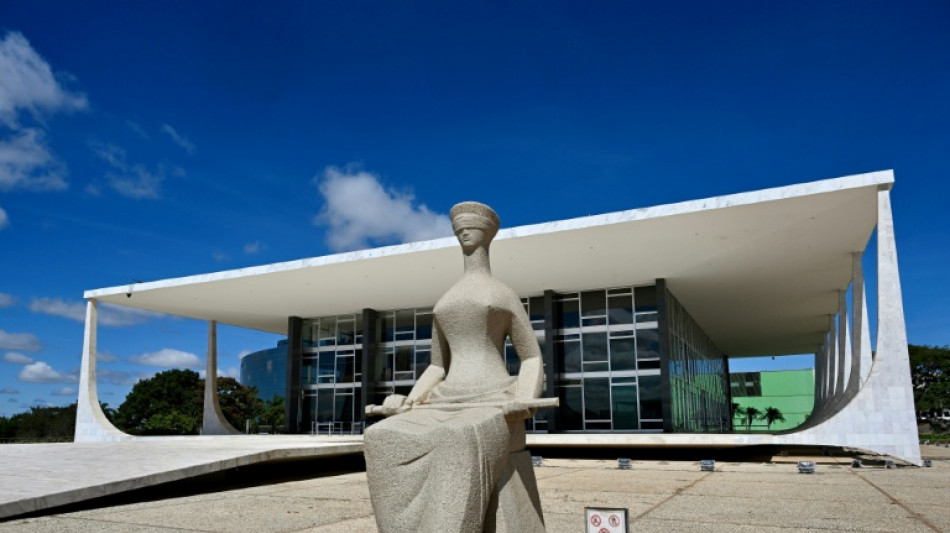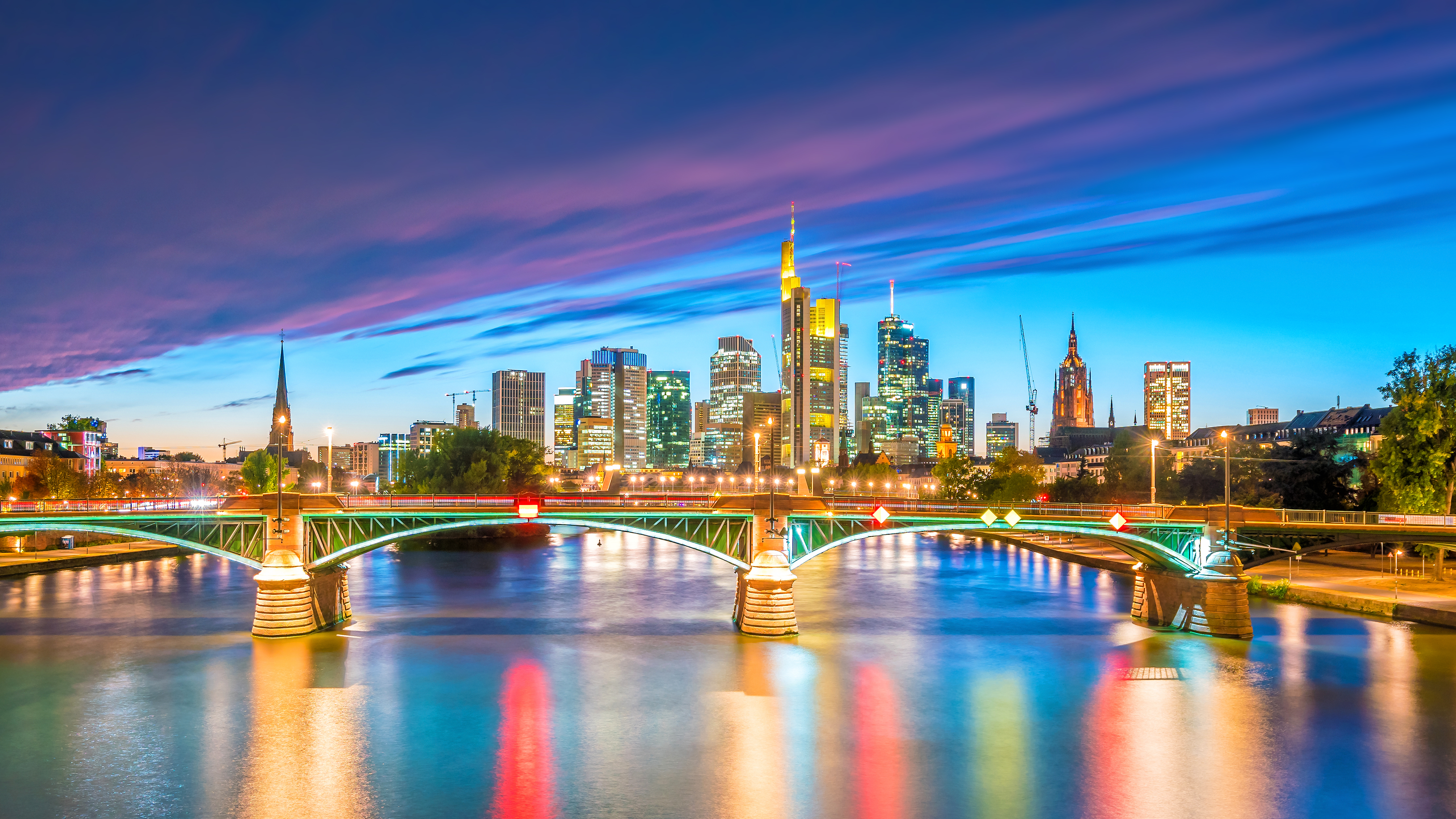

Brazil court majority favors tougher social media rules
Brazil's Supreme Court reached a majority Wednesday in favor of toughening social media regulation, in a groundbreaking case for Latin America on the spread of fake news and hate speech.
The South American country's highest court is seeking to determine to what extent companies like X, TikTok, Instagram and Facebook are responsible for removing illegal content, and how they can be sanctioned if they do not.
The judges' final ruling will create a precedent that will affect tens of millions of social media users in Brazil.
At issue is a clause in the country's so-called Civil Framework for the Internet -- a law in effect since 2014 that says platforms are only responsible for harm caused by a post if they ignore a judge's order to remove it.
By Wednesday, six of the court's 11 judges had ruled in favor of higher accountability, meaning sites should monitor content and remove problematic posts on their own initiative, without judicial intervention.
One judge has voted against tougher regulation, and four have yet to express an opinion.
"We must, as a court, move in the direction of freedom with responsibility and regulated freedom, which is the only true freedom," Judge Flavio Dino said during Wednesday's session, broadcast online.
Not doing so would be like "trying to open an airline without regulation in the name of the right of free movement," he added.
Google, for its part, said in a statement that changing the rules "will not contribute to ending the circulation of unwanted content on the internet."
- Coup plot -
Alexandre de Moraes, one of the court's judges, has repeatedly clashed with X owner Elon Musk and various right-wing personalities over social media posts.
The review is taking place in parallel with the Supreme Court trial of far-right former president Jair Bolsonaro, who is alleged to have collaborated on a coup plot to remain in power after his 2022 election defeat.
Prosecutors say Bolsonaro's followers used social media to lie about the reliability of the electoral system and plot the downfall of successor Luiz Inacio Lula da Silva.
Last year, Moraes blocked X for 40 days for failing to comply with a series of court orders against online disinformation.
He had previously ordered X to suspend the accounts of several Bolsonaro supporters.
Musk and other critics say Moraes is stifling free speech, and US President Donald Trump's administration is weighing sanctions against the judge, whom Bolsonaro accuses of judicial "persecution."
Lula, who emerged the victor in the tightly-fought 2022 election against Bolsonaro, is advocating for "accelerating regulation" of online platforms.
C.Engel--FFMTZ




